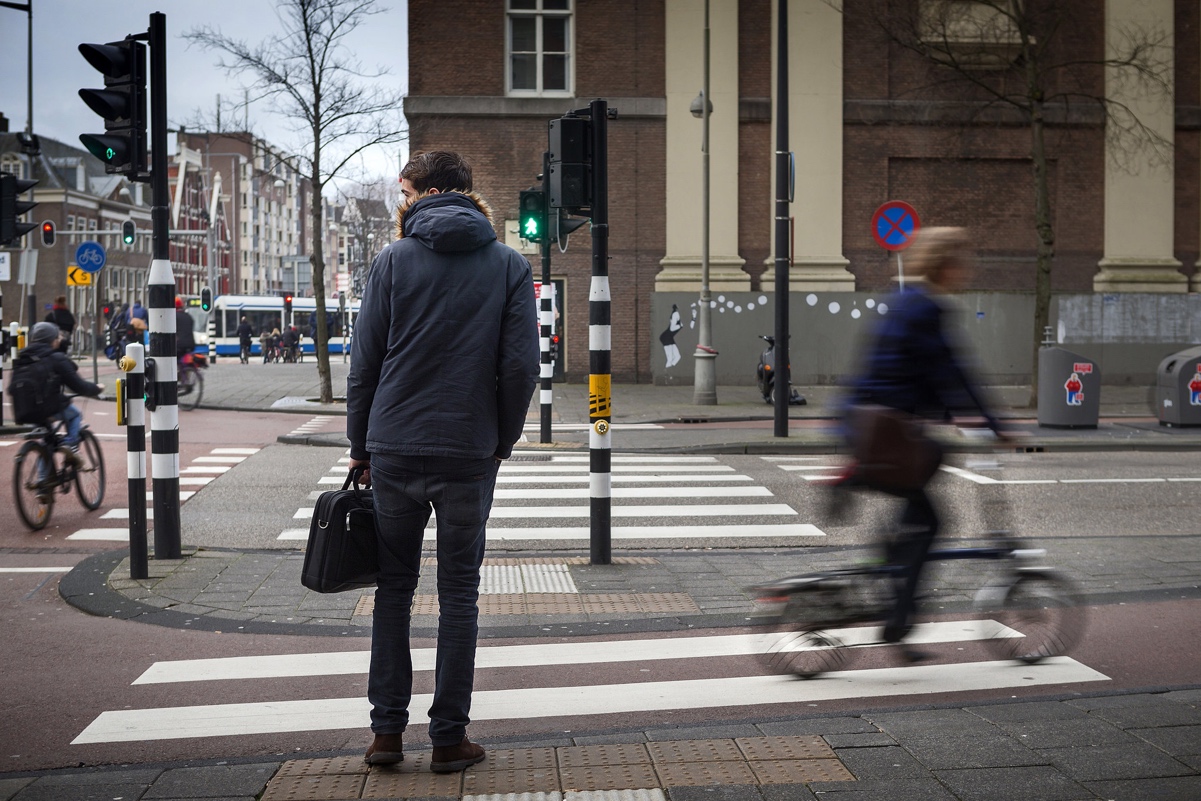An integrated approach for modelling active-mode travel choices
Subject
Walking and cycling (active modes) are becoming more important in urban environments, due to e.g. health and environmental benefits. This has caused governments worldwide to make policy changes in favour of active modes. However, the behaviour of people using active modes is relatively unknown. One way to understand this behaviour is researching the choice behaviour of people using active modes. This research aims to understand the route, (active) mode and activity scheduling behaviour of people using active modes in the urban environment. Why do active mode users choose a certain route? Who and why use active modes and in which situations? Is there a difference in the scheduling behaviour between active mode users and other mode users? How do they schedule their activities? And how are these choices related? These questions are key in the research.
Scientific challenges
Several scientific challenges arise in this research. In researching route choice, the scientific challenge lies with identifying the route choice set. Due to recent advancements in data collection methods, the question rises whether data itself can be used to identify the choice set. In (active) mode choice, scientific challenge lies with understanding who, why and when people choose between walking and cycling. Activity scheduling has been addressed in detail in literature, but mostly not mode specific, and if so active modes are not involved. However, spatial and temporal limitations are different for these modalities. The main challenge however lies in integrating the travel choices, as no unified answer can be found in literature on how these choices are related.

Societal relevance
As mentioned before, governments worldwide are focusing on active modes. This means that information that can help in supporting the policy changes that are proposed is welcome. Furthermore, traffic models nowadays are able to handle motorised traffic in a proper manner, but for cyclists and pedestrians these models are not yet suitable. The findings in this research can help in improving these models.
Danique TonStart/end date: February 2016 – February 2020Daily supervisor: Oded Cats, Dorine Duives Promotor: Serge Hoogendoorn |